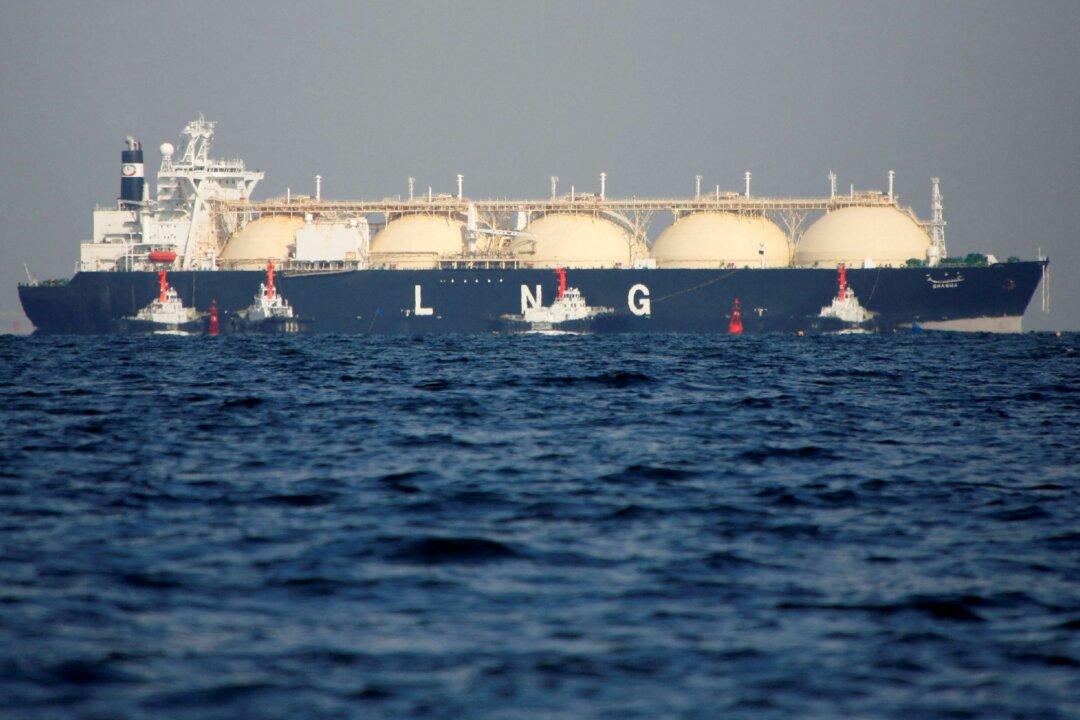The Japanese government has signed an energy agreement with Malaysia’s state oil and gas firm Petronas that includes supplying liquefied natural gas (LNG) tanks in the event of an emergency.
Japan’s Ministry of Economy, Trade and Industry signed a memorandum of cooperation (MoC) with Petronas at the LNG Producer-Consumer Conference in Tokyo on Thursday.





